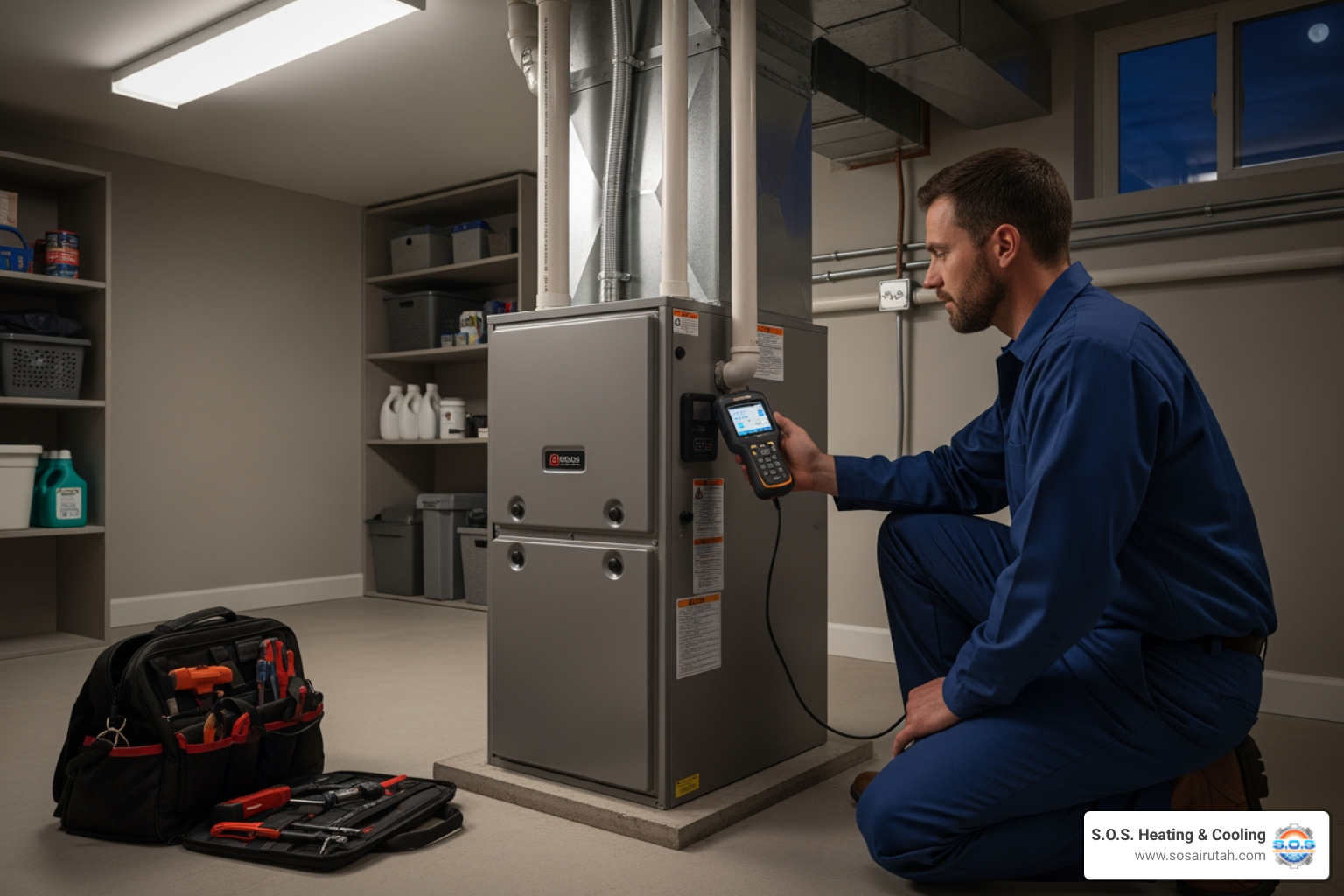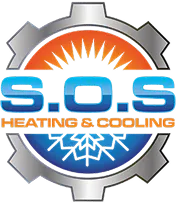
Understanding and addressing HVAC electrical connection issues is crucial for maintaining a comfortable home environment. Electrical connections in HVAC systems can experience wear and tear over time, causing a range of problems that affect the performance of the heating and cooling units. These issues not only disrupt the comfort of your home but also lead to inefficient energy usage and increased utility bills. As the summer months approach in Salt Lake City, ensuring your HVAC system is in top condition is essential to keeping your home cool and energy-efficient.
Timely identification and resolution of HVAC electrical issues can prevent more significant problems down the line. When left unchecked, faulty electrical connections can lead to system failures that may require costly repairs or even complete system replacement. Understanding common electrical problems and knowing when to call in a professional can save time, money, and hassle for homeowners.
Common HVAC Electrical Connection Problems
HVAC systems rely on several electrical components to function effectively. Over time, these components may encounter issues that disrupt the normal operation of the system. Here are some common problems related to electrical connections:
- Loose or Corroded Wires: Over time, wires can become loose due to vibrations or begin to corrode due to exposure, leading to poor contact and unreliable power delivery.
- Faulty Capacitors and Relays: Capacitors store energy and help start the motors, while relays send power to these motors. When these components fail, the AC unit may not start properly or might struggle to maintain performance.
- Tripped Circuit Breakers and Blown Fuses: If your HVAC system draws too much power, it could trip the circuit breaker or blow a fuse, stopping the system from operating.
- Malfunctioning Thermostats: A faulty thermostat can lead to inconsistent temperatures or a complete failure to turn the system on or off.
- Short Circuits and Overloading: Accidental short circuits can occur when wires cross or condensation collects, creating new pathways for electricity that can overload the system.
Identifying and understanding these issues can sometimes allow homeowners to recognize the need for professional attention promptly. It’s vital to focus on safety and to engage our professionals for any repairs, as HVAC systems involve high voltage and complex systems that require expertise to handle. This proactive approach will ensure that your air conditioning continues to operate smoothly as the temperatures rise in Salt Lake City.
Diagnosing HVAC Electrical Issues
Recognizing symptoms of electrical problems in your HVAC system can prevent inconvenience and potential hazards. Homeowners in Salt Lake City may notice their HVAC systems making unusual noises, like buzzing or clicking. These sounds can indicate loose wires or damaged components causing miscommunication within the system. Another sign of electrical trouble is frequent system shutdowns. If your HVAC unit stops working unexpectedly or resets often, it might be due to a tripped circuit breaker or blown fuse. Inconsistent temperature regulation can also point to malfunctioning thermostats or other electrical failures, leaving some rooms warmer or cooler than expected.
Addressing these issues requires the right tools and a methodical approach. Having a digital multimeter on hand can help check voltage levels and ensure parts are functioning within their specified ranges. However, it is crucial to prioritize safety and seek professional inspection from our technicians, as working with electrical components involves risks that require expertise to manage. Our professionals possess the necessary skills and equipment to accurately diagnose and rectify problems, ensuring your HVAC system operates reliably and safely.
Steps for Repairing HVAC Electrical Connections
Resolving electrical issues in your HVAC system involves careful steps to ensure a safe and effective repair process. Here's what you can expect when addressing these problems:
1. Safely turning off power: Before any repairs, it's crucial to cut off the electricity to the HVAC unit to prevent electrical shocks.
2. Checking and tightening loose connections: Secure all wires to ensure they make solid contact and facilitate proper current flow.
3. Replacing damaged or corroded wires: Remove and replace any wires that display wear or corrosion to restore reliable performance.
4. Testing and replacing faulty components: Use specialized equipment to test capacitors, relays, and other key parts, swapping out any defective ones.
5. Resetting circuit breakers and replacing fuses: Address any tripped breakers or blown fuses to ensure full system functionality.
By following these steps, homeowners can help preserve their HVAC systems’ efficiency. However, due to the complexity and potential hazards involved, enlisting our technicians to carry out these repairs ensures that the systems are restored to optimal function safely and effectively.
Preventive Maintenance Tips for HVAC Electrical Systems
Regular inspection schedules are essential in maintaining your HVAC system's electrical components. Keeping connections clean and secure can prevent serious issues and save you from costly repairs. Replacing aging components proactively minimizes the risk of sudden failures. It is important to monitor and address any abnormal system behavior promptly to avoid further damage.
Ensuring Reliable HVAC Performance in Salt Lake City
Maintaining the electrical components of your HVAC system is vital in ensuring its overall reliability and efficiency. By keeping connections secure and addressing aging components preemptively, you can enjoy a more comfortable and cost-effective home environment. Regular inspections allow for timely detection of any malfunctions, reducing the risk of sudden breakdowns that can disrupt daily life.
A reliable HVAC system not only keeps your home at the ideal temperature but also contributes to better air quality and controlled energy consumption. This leads to long-term savings and peace of mind for homeowners in Salt Lake City. When issues arise that require more specialized attention, contacting qualified professionals to handle the repair work will guarantee that you receive exceptional service and results tailored to your home's specific needs.
If your home in Salt Lake City is showing signs of HVAC issues, getting professional HVAC repair in Salt Lake City can make a real difference in preventing further damage and maintaining comfort. S.O.S. Heating & Cooling has the expertise needed to diagnose and fix electrical connection problems that can disrupt your system's performance. For a quick estimate or to book a service visit, please contact us today.
Explore Our Latest Insights and Updates in Plumbing Services

The Farmington Homeowner's Handbook to Furnace Maintenance

What are the top-rated companies for furnace replacement near me in South Jordan?

Rapid Relief: Emergency & Same-Day Furnace Maintenance in South Jordan






.avif)